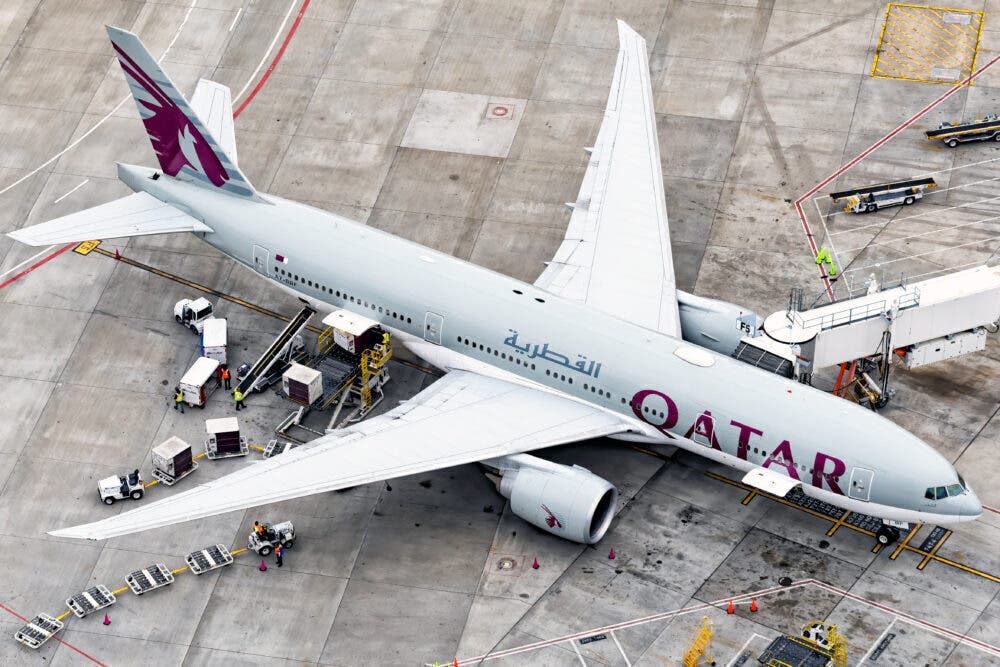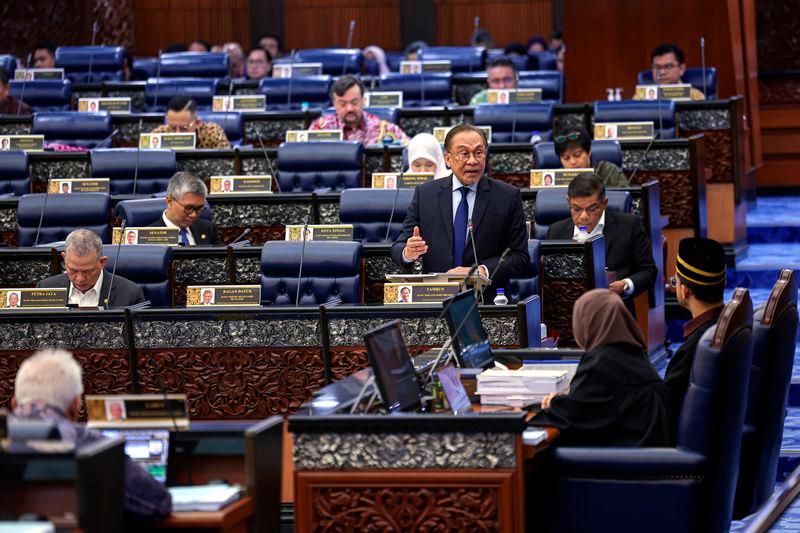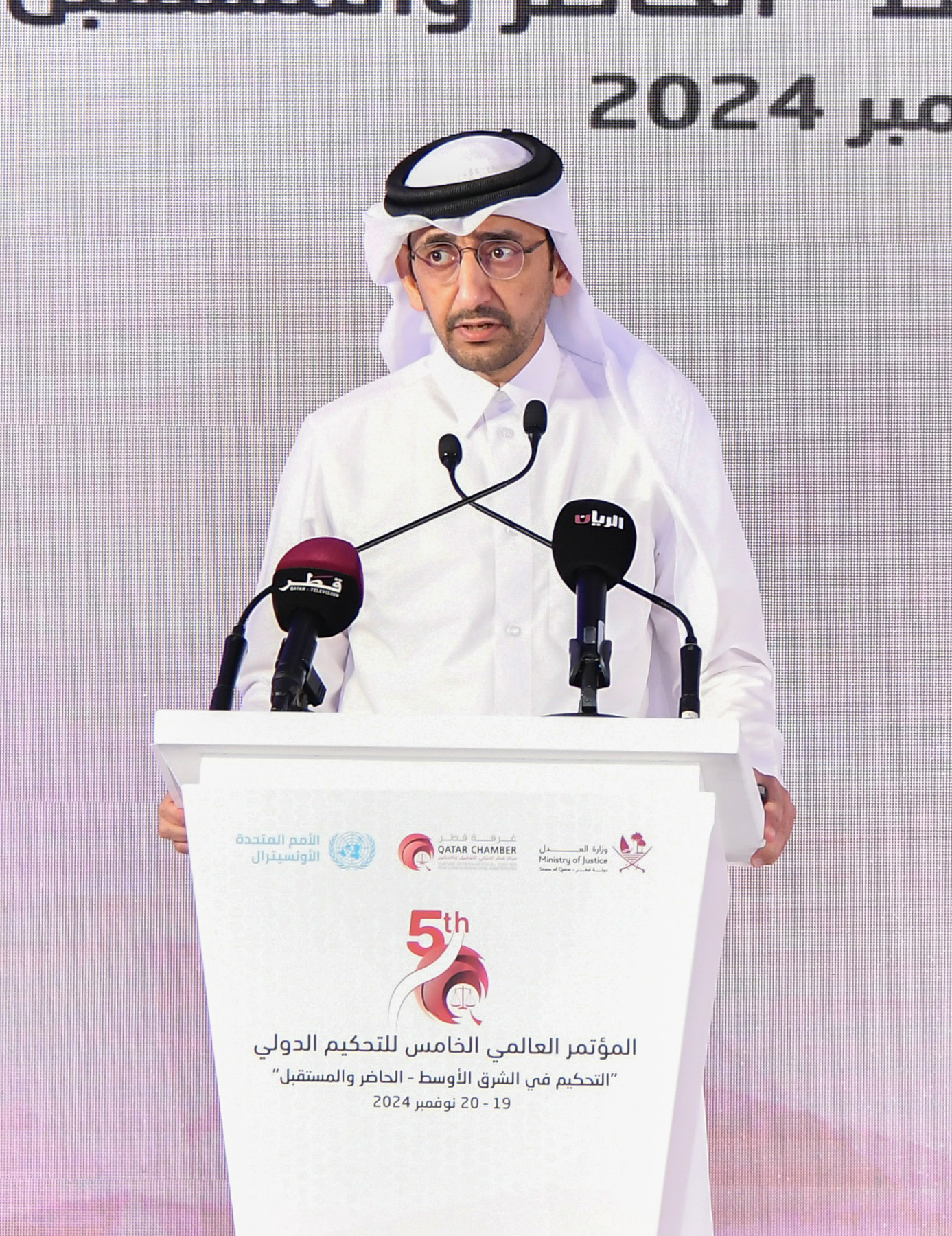Australian travellers and government are caught up in an entanglement as Qantas staff benefits end in the wake of Qatar Airways bid rejection.
The now-former Qantas CEO Alan Joyce’s attack on Qatar Airways, whose bid to increase its flights into major Australian cities was rejected by Transport Minister Catherine King, has left Australian travellers in a sticky predicament and cast doubts on the government’s credibility.
The fallout from this feud has now reached the employees of Qantas, as the airline decided to pull the plug on a staff benefit program, as per reports.
Qatar Airways had been offering Qantas staff heavily discounted business class upgrades, often at a fraction of the usual price, a perk that had been eagerly embraced by many employees annually.
However, this will soon be a thing of the past, as Qantas has just announced the discontinuation of this scheme, with upgrades coming to an abrupt end on 18 September.
Instead, employees will revert to the standard Oneworld reciprocal agreement, which all airlines within the alliance offer to each other. This means, for Qantas staff, transitioning from the comfort of business class to the less luxurious economy on routes that are set to remain pricier due to Qatar’s recent flight restrictions.
For the average Qantas crew member or junior employee planning to travel to Europe, the absence of these upgrades will translate to a considerably costlier and less comfortable journey.
Meanwhile, the contentious decision to reject a Qatar Airways request for additional flights is expected to remain an overarching topic in parliament as Australian Prime Minister Anthony Albanese returns to Canberra.
Parliament is set to convene for another week, with a month-long break looming ahead, leading up to the Indigenous voice to parliament referendum on 14 October.
Albanese will touchdown after attending the ASEAN, East Asia, and G20 summits, during which he unveiled the Southeast Asia Economic Strategy for 2040.
Transport Minister King has faced intense scrutiny over her decision to reject the Gulf carrier’s bid for 21 extra weekly flights to various airports across the country, including Sydney, Melbourne, and Brisbane.
King defended her decision, citing a strip-search incident involving Australian women at Doha’s main airport in 2020 as a reason. This admission came weeks after she initially denied any connection between the two.
Opposition Leader Peter Dutton has accused the Labour government of striking a “sweetheart deal” with Qantas, allegedly contributing to high airfares for Australians.
In response, a Senate inquiry is set to investigate the decision’s impact on travellers, the tourism and hospitality sectors, and the movement of freight in the coming month.
A spokeswoman for King clarified that there were no restrictions on dedicated international air cargo services between Qatar and Australia, and international travel capacity had reached 91% of pre-Covid levels.
“We saw 1,857 international flights operate into Australia in the first week of September alone,” the spokeswoman said.
Australia’s government continues to face intense scrutiny since rejecting the Qatar Airways bid.
Officials from the government, tourism sector and business groups are collectively advocating for greater transparency regarding the reasons behind the refusal to grant additional flights to Qatar, particularly in light of Qantas’ reported lobbying efforts.







